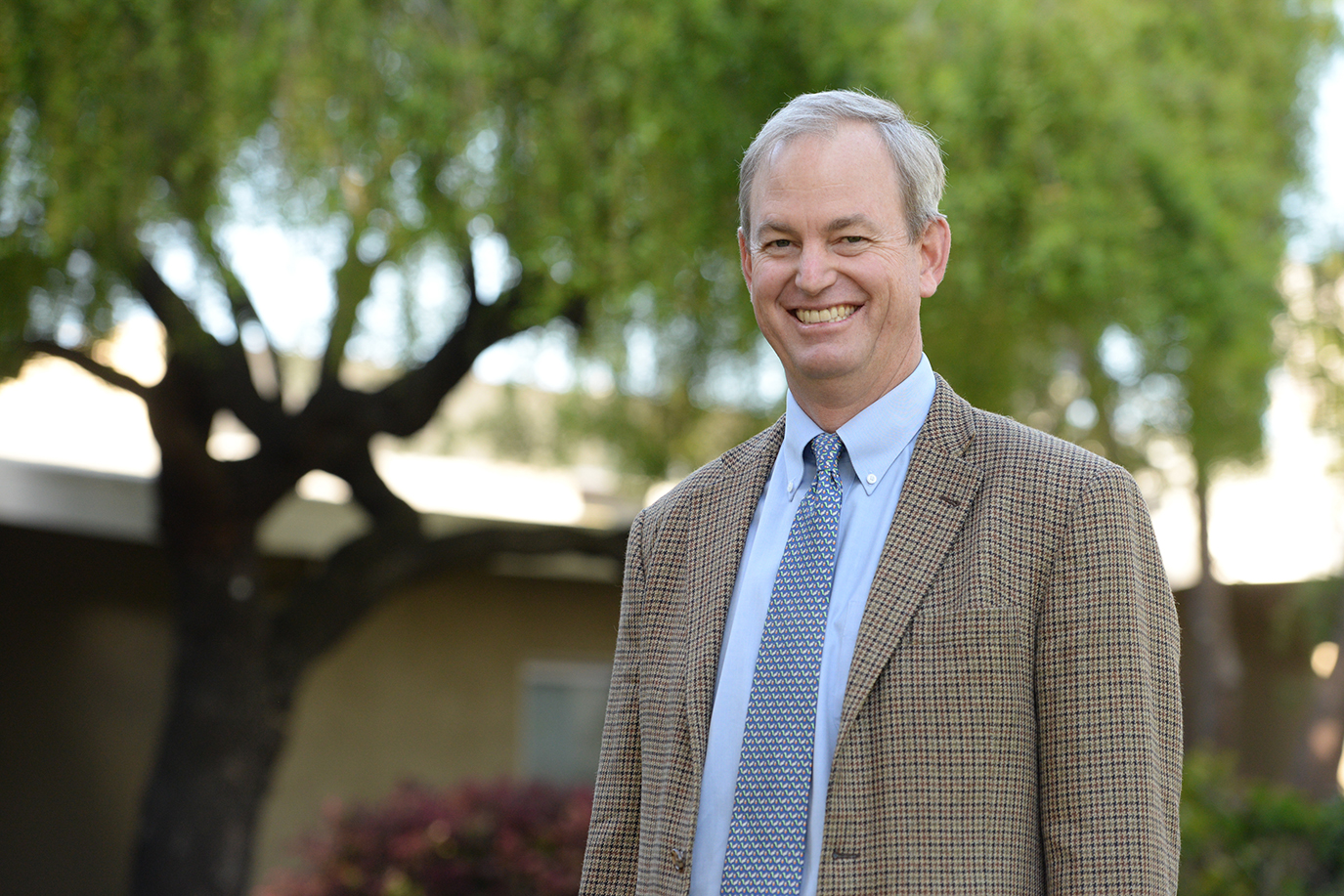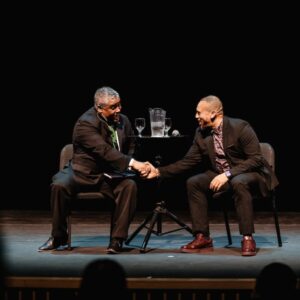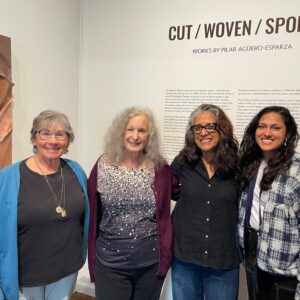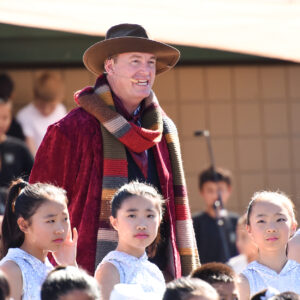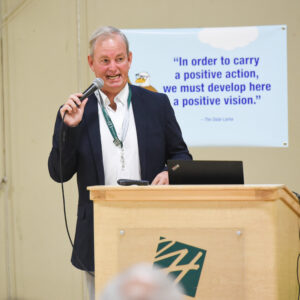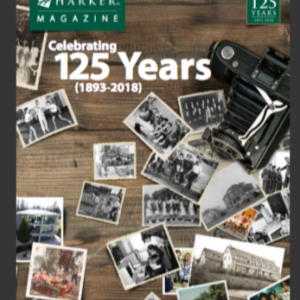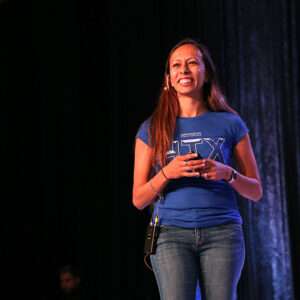This article first appeared in the Winter 2017 Harker Magazine, delivered over the holiday break to community members. Harker Magazine can also be read online.
How will Harker’s students make the world a better place? This question especially occupies our thoughts as we reflect on Harker’s mission and future, and prepare to celebrate our 125th year.
We recognize that for our families and our students, the primary benefit of a Harker education is the preparation it gives to each student. The first line of our mission statement reflects this clearly: “Our mission is to educate students for success at college and beyond.”
By any measure, Harker’s teachers, programs and culture bring out the best in our students to a remarkable degree. The successes of our students in their endeavors after Harker – “at college and beyond” – are equally phenomenal and reflect just how effective the school has been in meeting this important component of its mission.
Additionally, our mission concludes with the promise that we seek to prepare our charges “to take their place as global citizens,” a mission directive that is germane to my opening question. Indeed, it is this promise that seems to hold the most power to motivate and shape our continued evolution in the future.
To be sure, there are always things that we can and will do to optimize the experience for each individual student. However, our collective impact – and the potential of it – is especially exciting at this moment, as we find our school at the nexus of Silicon Valley innovations and exciting crossroads in education, technology, finance and government. We see the impact of our efforts in many of the things our students do, from the classroom to the stage, from the field to the laboratory.
Sometimes, though, it is small acts – or little details – that both inspire and reflect our larger purpose. The Harker community’s response to the fires in the North Bay provides a recent example.
As the fires broke out, our attention focused on the needs of our school community: how would they mpact our planned middle school trips, our daily routines and activities, and even our classes? However, in the same moment, we began to look beyond ourselves: who was impacted besides us and how could we help?
One of our first realizations was that Camp Newman, the destination of our grade 6 trip, was in the vicinity of the fire and that we wouldn’t be able to take our students there. Yet, rather than dwell on our own disappointment, a number of teachers’ and parents’ first questions were: “Is it possible for us to go up there and help them clean up?” Unfortunately, the fire destroyed the camp completely, rendering any direct clean-up assistance sadly unnecessary. Nevertheless, the sentiment expressed, and the speed and energy with which it unfolded, reflects a remarkable collective ethos of citizenship and caring.
As the smoke and particulate matter from the fires settled over the Bay Area, we understood that the Family & Alumni Picnic could be affected. Despite a favorable forecast for the planned day of the picnic, we realized that the preparations themselves would necessitate asking our staff and community members to spend time in the unhealthy conditions.
So, with great disappointment and not a little trepidation, we made the decision to cancel the picnic. The responses from our community reflected yet again an outward–focused perspective that was, in the simplest terms, kind. “Why don’t we shift our efforts to those who need it?” a chorus of Eagles asked, so the Harker advancement office and our volunteer network refocused to collecting funds and donations for those impacted by the fire. And the school made the decision to direct the funds from any unreturned ticket sales to the relief effort.
In his work studying the factors that motivate human behavior, Harvard professor Michael Sandel has examined what drives our enthusiasm for certain actions. His book, “What Money Cannot Buy,” describes fascinating circumstances in which entire communities have been motivated to enhance the lives of other communities, even when they themselves have no direct ties to that community.
It is our inherent desire to make the world around us better that motivates us to serve others. We saw this in our community’s response to the North Bay fires. And, it is this pillar – this inherent desire to make the world around us better – upon which we focus our efforts, both current and future, as we prepare our students “to take their place as global citizens.”
Brian Yager
Head of School
